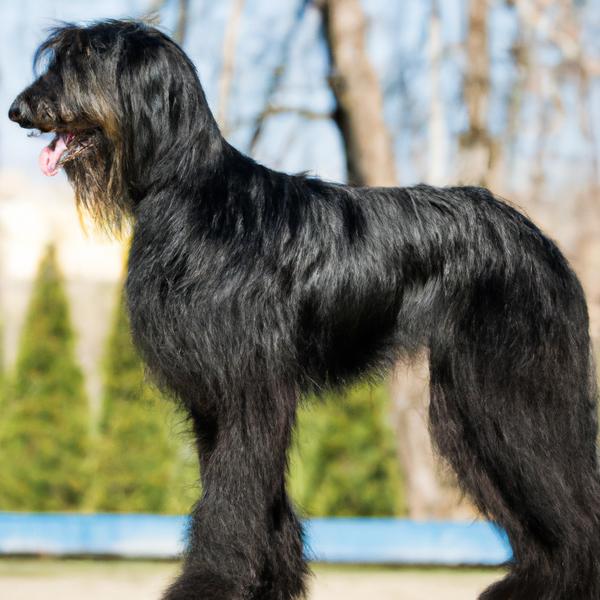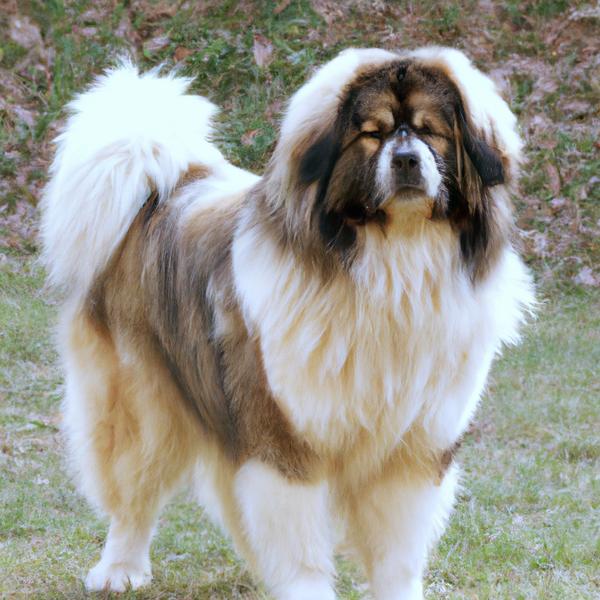Black Russian Wolfhound Terrier vs. Tibetan Spaltese: Breed Differences and Similarities
Hypoallergenic
Are Black Russian Wolfhound Terriers or Tibetan Spalteses hypoallergenic, or neither?
Unfortunately, neither Black Russian Wolfhound Terrier nor Tibetan Spaltese are hypoallergenic, which may not make them the best choice for dog lovers who suffer from pet allergies.
Temperament
What are the personalities of Black Russian Wolfhound Terrier and Tibetan Spaltese dogs?
Playful
Dignified
Independent
Energetic
Intelligent
Confident
Affectionate
Patient
Loyal
Lively
Gentle
Social
Tempered
Sweet
Cheerful
Brave
Stable
Generous
Thoughtful
Defensive
Active
Playful
Aloof
Independent
Happy
Intelligent
Responsive
Docile
Gentle
Tempered
Sweet
Assertive
Easygoing
Willful
Shedding Level
Do Black Russian Wolfhound Terriers shed more than Tibetan Spalteses, or which breed sheds more, Black Russian Wolfhound Terriers or Tibetan Spalteses?
Black Russian Wolfhound Terriers are low shedding dogs, requiring minimal coat care.
Tibetan Spalteses shed very little hair, making them a great choice for those who dislike excess hair in the house.
Ancestry
What are the origins of Black Russian Wolfhound Terrier and Tibetan Spaltese breeds?
Irish Wolfhound and Black Russian Terrier
Maltese, Tibetan Spaniel
Breed recognition
Which kennel clubs recognize/register Black Russian Wolfhound Terrier and Tibetan Spaltese?
DRA = Dog Registry of America, Inc.
ACHC = American Canine Hybrid Club
DRA = Dog Registry of America, Inc.
Date of Birth
When were Black Russian Wolfhound Terrier and Tibetan Spaltese breeds first developed?
Unknown
Late 20th Century
Eye Color Possibilites
What are the eye colors of Black Russian Wolfhound Terrier and Tibetan Spaltese dogs?
Brown
Brown
Nose Color Possibilites
What are the natural nose colors of Black Russian Wolfhound Terrier and Tibetan Spaltese?
Black
Black
Coat Color Possibilites
What are the natural colors of the coat for Black Russian Wolfhound Terrier and Tibetan Spaltese breeds?
Fawn
Brindle
Black
Gray
Cream
Red
Sable
Red
Fawn
Cream
White
Black
Coat Length
What is the typical coat length for Black Russian Wolfhound Terrier and Tibetan Spaltese breeds?
The coat of Black Russian Wolfhound Terrier and Tibetan Spaltese dogs is longer than that of the typical dog.
Coat Density
What is the density of the coat of Black Russian Wolfhound Terrier and Tibetan Spaltese?
Coat Texture
What is the hair texture of Black Russian Wolfhound Terrier and Tibetan Spaltese?
Wavy
Straight
Litter Size
What is the usual litter size for Black Russian Wolfhound Terrier and Tibetan Spaltese?
A Black Russian Wolfhound Terrier can have a litter of 6-12 puppies on average. However, it's worth noting that the size of the litters can vary greatly. Factors that can influence litter size include the health of the mother, breeding history, and genetics.
A Tibetan Spaltese can have a litter of 3-6 puppies on average. However, it's worth noting that the size of the litters can vary greatly. Factors that can influence litter size include the health of the mother, breeding history, and genetics.
Adaptability
Black Russian Wolfhound Terriers are known for their adaptability and can adjust well to different environments and lifestyle changes.
Tibetan Spalteses are highly adaptable and versatile, making them excellent companions for families and individuals of all lifestyles.
Health Issues
Between Black Russian Wolfhound Terrier and Tibetan Spaltese, which breed is more prone to health problems?
Black Russian Wolfhound Terriers typically have low vet costs due to their good health, but it's important to monitor their health and seek vet care when necessary.
While the Tibetan Spaltese breed is generally healthy, occasional vet check-ups are still necessary to address any health concerns.
Major Concerns
What are the major health concerns for Black Russian Wolfhound Terrier and Tibetan Spaltese breeds?
Otitis Externa
Hip And Elbow Dysplasia
Progressive Retinal Atrophy (PRA)
Minor Concerns
What minor health issues should be kept in mind when owning Black Russian Wolfhound Terrier and Tibetan Spaltese?
Anesthesia Sensitivity/Allergy
Hydrocephalus
Obesity
Portosystemic Shunt
Occasional Tests
What occasional tests are recommended for Black Russian Wolfhound Terrier and Tibetan Spaltese breeds?
Hip
Elbow
Blood Test
X-Rays
Ear Examination
Complete Physical Examination
Eye Examination
Dental Examination
Physical Examination
Allergy Testing
Social Needs
Black Russian Wolfhound Terrier vs Tibetan Spaltese social needs comparison
Black Russian Wolfhound Terrier has average social needs and is less independent than other breeds.
Tibetan Spaltese has very high social needs and requires regular mental and physical stimulation, a job or purpose, and companionship.
Sleeping Need
Which of the two sleeps the most/least: Black Russian Wolfhound Terrier or Tibetan Spaltese?
Black Russian Wolfhound Terrier and Tibetan Spaltese breeds are known to have moderate energy levels and normal sleep patterns, typically sleeping around 12-14 hours per day.
Mouthiness
Mouthiness Comparison: Black Russian Wolfhound Terrier vs Tibetan Spaltese?
Roaming urge
Black Russian Wolfhound Terrier vs Labrador: Running away tendency?
Prey Drive
Black Russian Wolfhound Terrier or Tibetan Spaltese - which breed has a higher level of prey drive?
Activity Level
Which breed has higher energy, Black Russian Wolfhound Terriers or Tibetan Spalteses?
Black Russian Wolfhound Terriers are medium-energy dogs and typically enjoy socializing and playing casual or even sustained games of chase with other dogs. They may also have occasional periods of barking or racing around the house.
Tibetan Spalteses are low-energy dogs. This breed make a great companion for a relatively inactive person. Tibetan Spaltese dogs require a few short daily walks, and then they're happy snuggling next to you for the rest of the day.
Tolerance of being left alone
Walks per Week
How many miles should Black Russian Wolfhound Terrier or Tibetan Spaltese walk each week?
There's really no limit to how far you walk your dog as long as they're comfortable. For Black Russian Wolfhound Terrier, it's at least 14 miles / week. Just remember to build distance and stamina gradually over time.
There's really no limit to how far you walk your dog as long as they're comfortable. For Tibetan Spaltese, it's at least 8 miles / week. Just remember to build distance and stamina gradually over time.
Activity per Day
Do Black Russian Wolfhound Terriers or Tibetan Spalteses require more exercise?
In general most Black Russian Wolfhound Terriers usually need at least 60 minutes of exercise daily. This can be spread across the day and include all sorts of high-energy activities, like walking, running and playing.
In general most Tibetan Spalteses usually need at least 30 minutes of exercise daily. This can be spread across the day and include all sorts of high-energy activities, like walking, running and playing.
Grooming
Which breed is easier to maintain in terms of grooming, Black Russian Wolfhound Terriers or Tibetan Spalteses?
Black Russian Wolfhound Terrier and Tibetan Spaltese are breeds of dogs that require an average amount of grooming effort.
Brushing Frequency
What is the recommended brushing frequency for Black Russian Wolfhound Terrier and Tibetan Spaltese dogs?
Black Russian Wolfhound Terrier should be brushed at least once a week. Of course you can give them more frequent brushes if you find that they are still shedding a lot
Ideally, Tibetan Spaltese should be brushed at least 2 or 3 times a week (preferably daily) improve shedding.
Brushing Tools
What brushing tools are used for Black Russian Wolfhound Terriers and Tibetan Spalteses?
Pin Brush
Dematter
Scissors
Nail Clipper
Pin Brush
Dematter
Scissors
Clipper
Cups
How much food should be given to Black Russian Wolfhound Terrier or Tibetan Spaltese in cups?
For an average 80-150 pound (36 - 68 kg) Black Russian Wolfhound Terrier feed 3.5 cups daily. But, keep in mind, the amount you feed is going to be dependent on the quality of the food you are feeding.
For an average 4-15 pound (2 - 7 kg) Tibetan Spaltese feed 1 cups daily. But, keep in mind, the amount you feed is going to be dependent on the quality of the food you are feeding.
Daily Cost
Which breed has a higher daily cost, Black Russian Wolfhound Terrier or Tibetan Spaltese?
The average cost of a Black Russian Wolfhound Terrier is somewhere $2.80 - $3.50 per day.
The average cost of a Tibetan Spaltese is somewhere $0.40 - $0.60 per day.
Monthly Cost
Which breed has a higher monthly cost, Black Russian Wolfhound Terrier or Tibetan Spaltese?
The average per month expenses of a Black Russian Wolfhound Terrier is between $84 - $105. This makes an average of $1008 - $1260 per year. It will be on the higher side when the dog is still small because it will need more frequent visits to the vet, shots.
The average per month expenses of a Tibetan Spaltese is between $21 - $28. This makes an average of $252 - $336 per year. It will be on the higher side when the dog is still small because it will need more frequent visits to the vet, shots.
Sensitivity Level
How do Black Russian Wolfhound Terrier and Tibetan Spaltese compare in sensitivity?
This breed is sensitive and requires gentle handling and a calm home environment.
This breed is sensitive to its environment and best suited for patient and understanding families with a consistent routine.
Apartment Friendly
Which breed is more apartment-friendly: Black Russian Wolfhound Terrier or Tibetan Spaltese?
Black Russian Wolfhound Terriers are good apartment dogs as long as they get enough exercise and stimulation outside of the apartment.
Tibetan Spalteses make excellent apartment dogs, being fairly active indoors and not requiring a yard.
Child Friendly
Do Black Russian Wolfhound Terriers or Tibetan Spalteses have a friendlier temperament towards children?
Black Russian Wolfhound Terrier and Tibetan Spaltese are kid-friendly dogs. They are good with children and excellent dogs with children if they are socialized and trained at a young age.
Senior-friendly
Which dog is more suitable as a pet for the elderly - Black Russian Wolfhound Terrier or Tibetan Spaltese?
Cat Friendly
Do Black Russian Wolfhound Terrier or Tibetan Spaltese breeds have a better compatibility with cats?
Black Russian Wolfhound Terriers are average in their friendliness toward cats and tend to do well with them, especially if raised together.
Tibetan Spalteses are very friendly with cats and make great companions for them.
Dog Friendly
Which breed is more sociable with other dogs: Black Russian Wolfhound Terrier or Tibetan Spaltese?
Black Russian Wolfhound Terriers are friendly and active companions, and can be good family pets, though their friendliness towards other dogs may vary.
Tibetan Spalteses are generally very friendly towards other dogs, with a happy and affectionate temperament.
Pet friendly
How do Black Russian Wolfhound Terrier or Tibetan Spaltese dogs interact with other pets?
Stranger Friendly
Which breed is more friendly with strangers: Black Russian Wolfhound Terrier or Tibetan Spaltese?
Black Russian Wolfhound Terriers are quick to announce strangers and can be standoffish or suspicious.
Tibetan Spalteses are friendly but may bark at strangers, and training is easy due to their intelligence.
Playfulness
Which breed is more playful between Black Russian Wolfhound Terrier and Tibetan Spaltese?
Black Russian Wolfhound Terrier and Tibetan Spaltese have an average level of playfulness. Like other dogs, they enjoy playing, but they are not the most playful dog breed.
Trainability
How do the trainability levels of Black Russian Wolfhound Terriers and Tibetan Spalteses compare?
Black Russian Wolfhound Terrier and Tibetan Spaltese dogs are known for their ease of training and ability to learn quickly, making them a popular choice for pet owners and trainers alike.
Compare Black Russian Wolfhound Terrier with other breeds
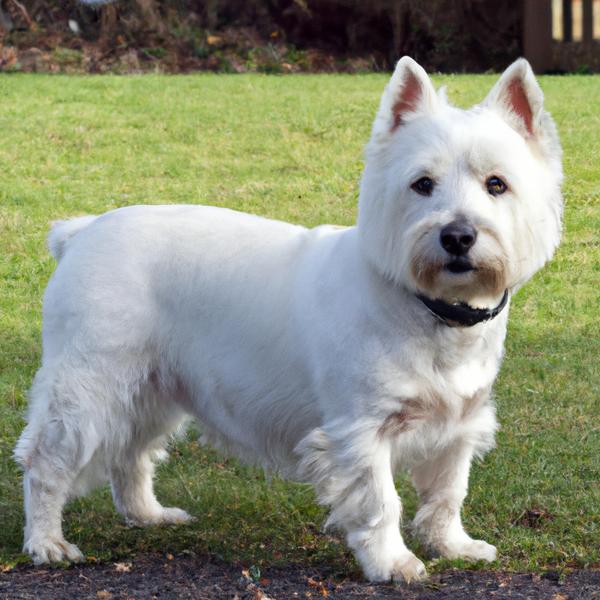
West Highland White Terrier
Black Russian Wolfhound Terrier vs West Highland White Terrier
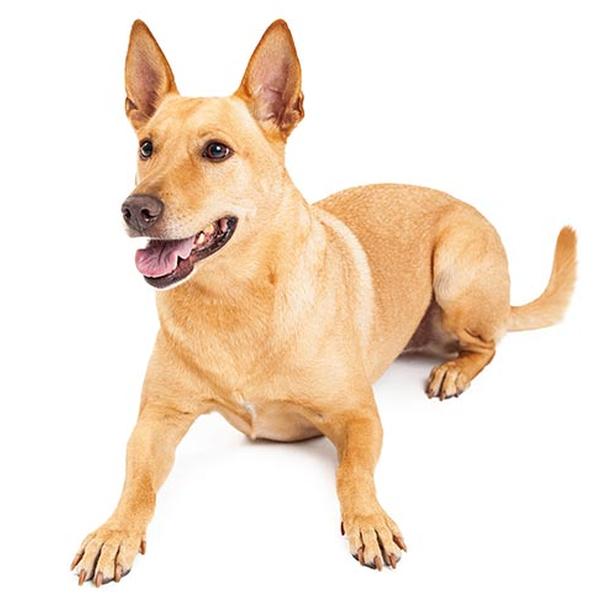
Carolina Dog
Black Russian Wolfhound Terrier vs Carolina Dog
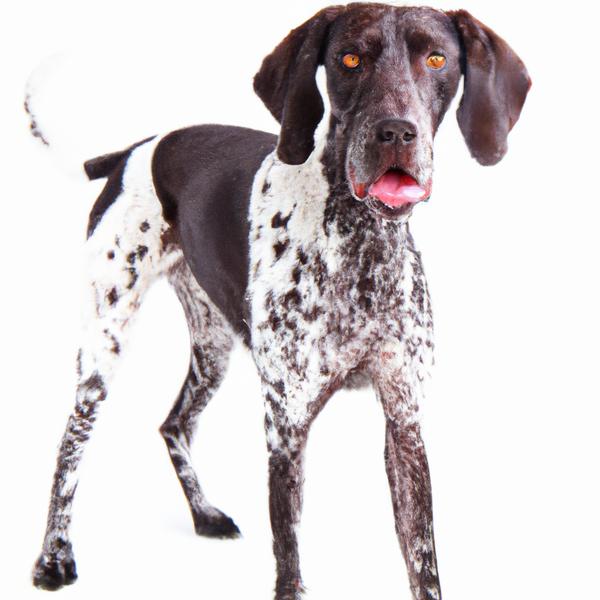
Lab-Pointer
Black Russian Wolfhound Terrier vs Lab-Pointer
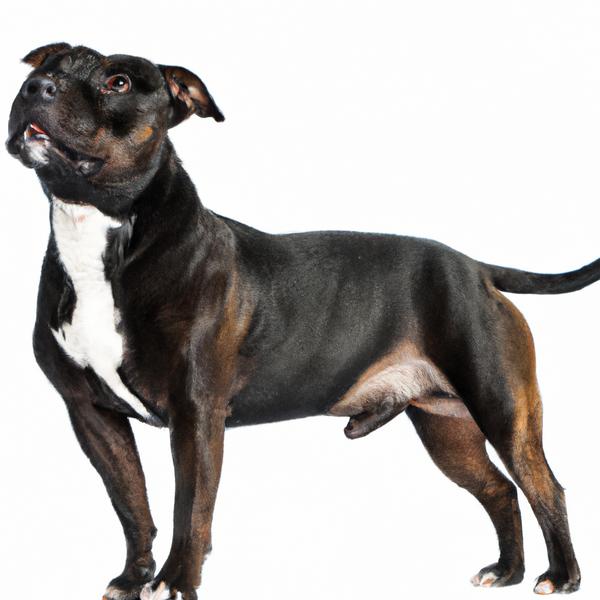
English Bull Staffy
Black Russian Wolfhound Terrier vs English Bull Staffy
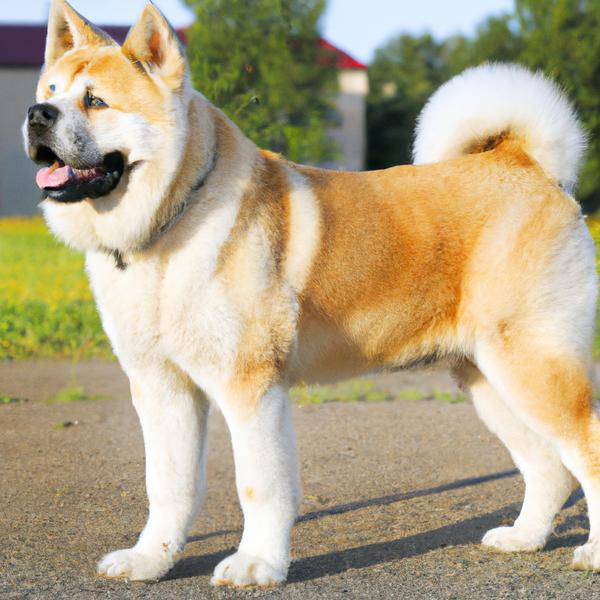
Golden Akita Retriever
Black Russian Wolfhound Terrier vs Golden Akita Retriever
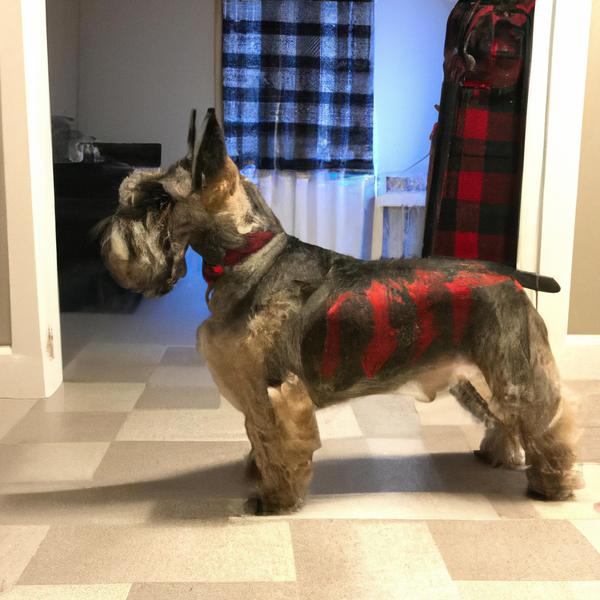
Scotchi
Black Russian Wolfhound Terrier vs Scotchi
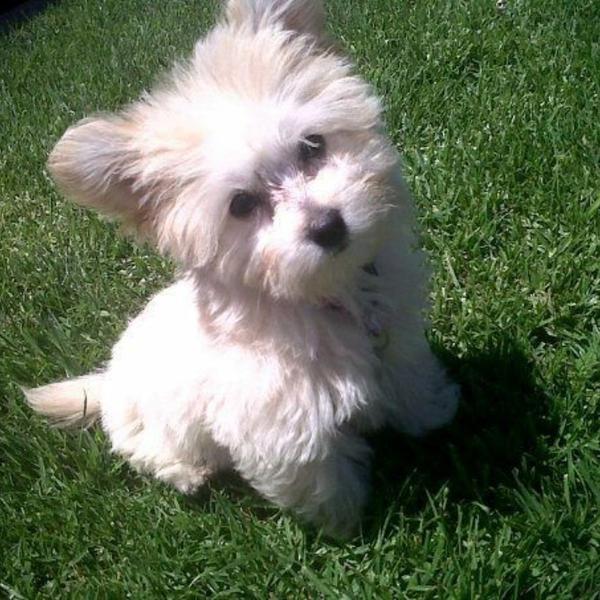
Maltipom
Black Russian Wolfhound Terrier vs Maltipom
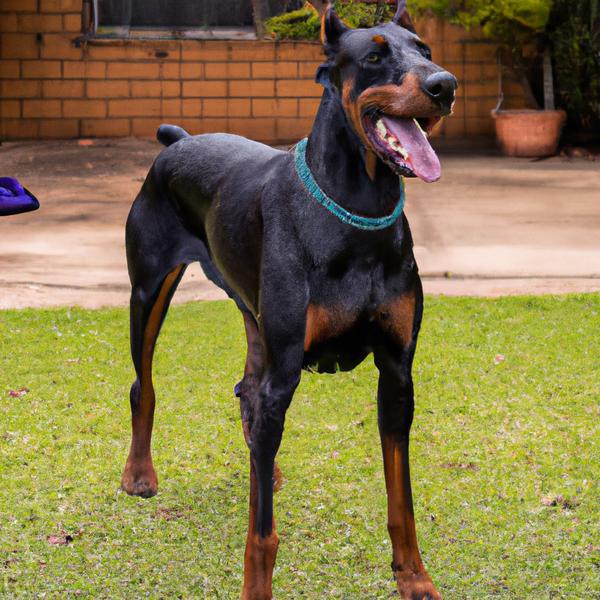
Doberman Pit
Black Russian Wolfhound Terrier vs Doberman Pit
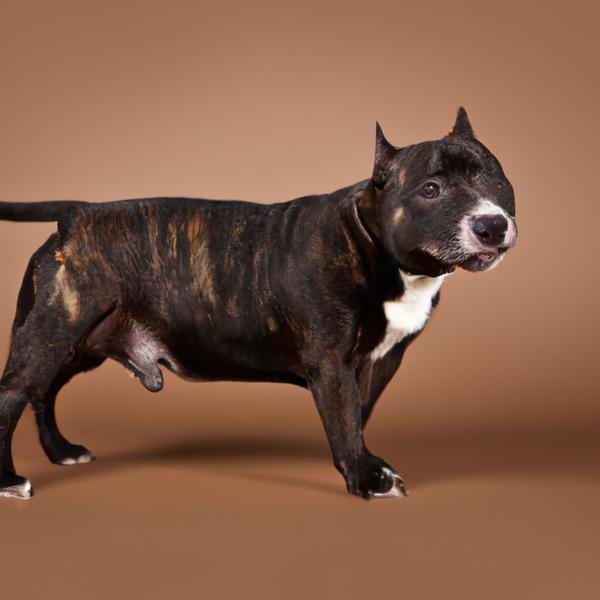
Scottish Staffish Bull Terrier
Black Russian Wolfhound Terrier vs Scottish Staffish Bull Terrier
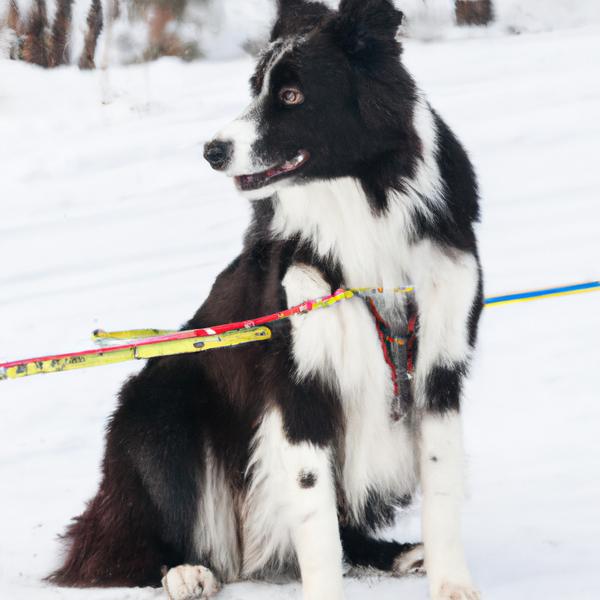
Ski-Border
Black Russian Wolfhound Terrier vs Ski-Border
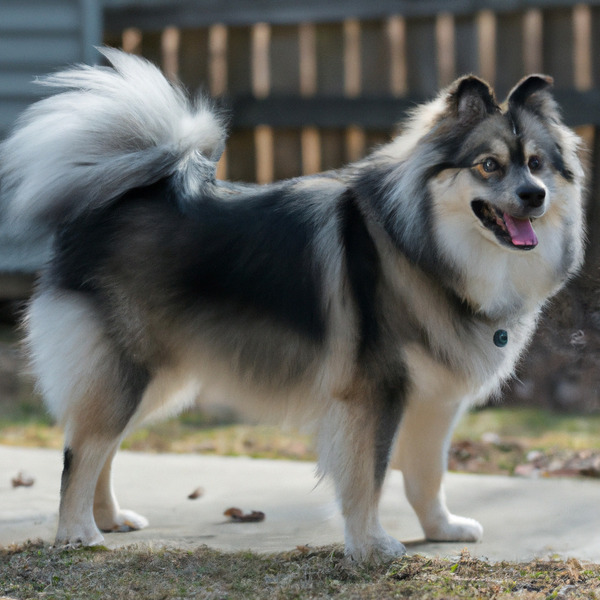
Pomsky
Black Russian Wolfhound Terrier vs Pomsky
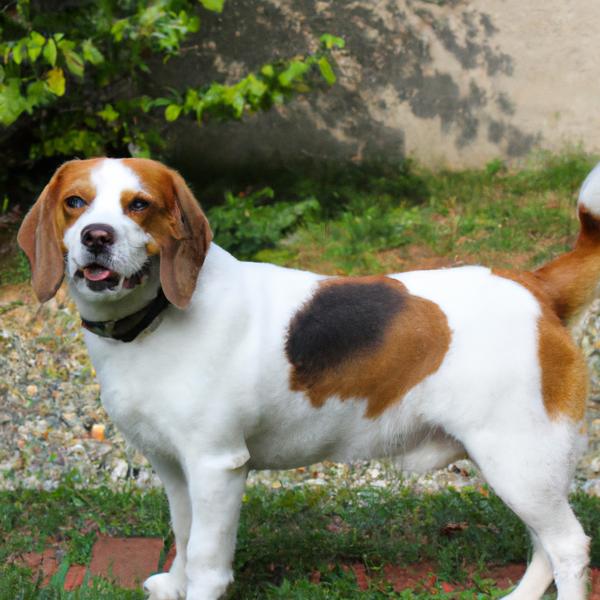
Coton-Beagle
Black Russian Wolfhound Terrier vs Coton-Beagle
